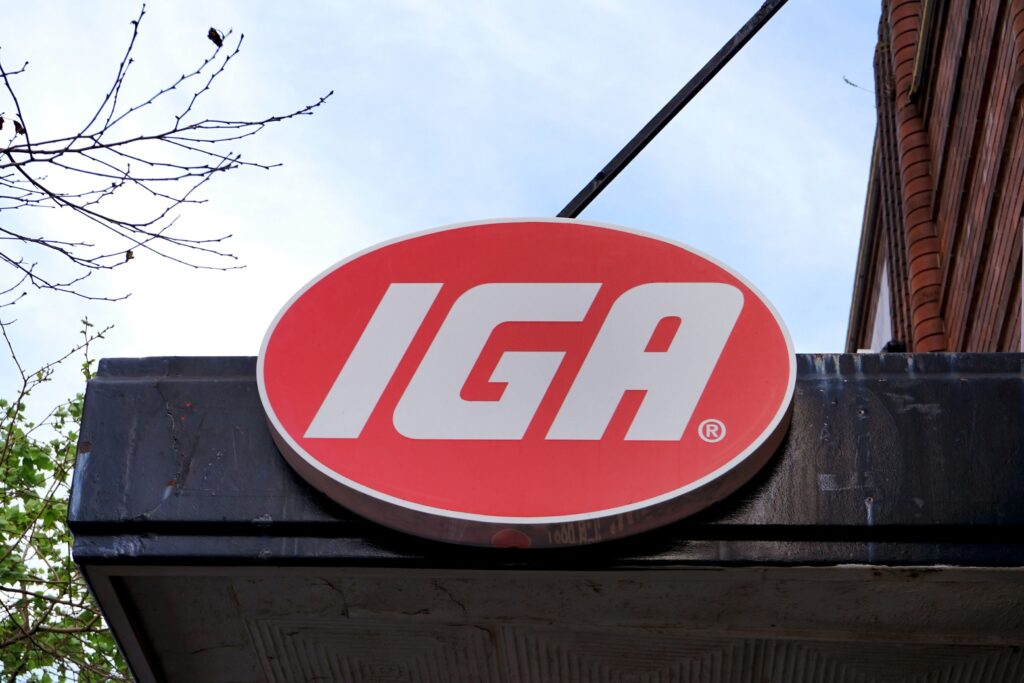
A group of Australia’s independent supermarkets and convenience stores have come together to form a new co-operative that could spell trouble for the nation’s leading grocery wholesaler, Metcash.
Led by former Coca-Cola Amatil managing director Warwick White, through his independent grocery firm Stone Advisory, and with Ritchies Supa IGA boss Fred Harrison on the board, Co-Operative Supermarkets Australia is expected to use its industry experience and contacts to collectively bargain with suppliers.
According to documents submitted to the ACCC’s public register in November, Co-Operative Supermarkets Australia (CSA) and its members wish to “collectively bargain with suppliers of all kinds in the Australian grocery industry supply chain”.
New grocery co-op
The co-op will be run on a subscription model and will enforce an ‘active member test’ requiring members to “actively trade in the goods and services” in CSA’s system during each rolling two-month period.
On December 19, 2019, the ACCC granted interim authorisation allowing CSA to share information and negotiate with suppliers but not to enter into any contracts or impose an ‘active member test’.
According to reports in The Australian, Stone Advisory sent a newsletter to store owners advising that retailers will be asked to join CSA early this year by investing in a bond repayable over five years.
Following recent media reports, White has dismissed suggestions that the business is trying to compete against Metcash.
“We’re not trying to take over Metcash, we’re not trying to grab all their warehouse lines,” White told The Age and The Sydney Morning Herald.
“The co-operative is simply set up to drive the profitability of independent grocery retailers and support the smaller suppliers in this country who really rely on getting up through these networks.”
White said it’s about making retailers more profitable and building a “burgeoning independent grocery network in Australia”.
Metcash has struggled with its food and grocery business in the last 12 months with the loss of major contracts, prompting some analysts to suggest that it would be better off divesting the food distribution arm completely.
The group suffered a $249.3 million impairment due to the loss of the 7-Eleven contract, as well as Drakes Supermarkets in South Australia and the introduction of a new accounting standard.
Before the impairment, the company delivered an underlying profit after tax of $90.6 million, down on the $100.3 million delivered during the same period of FY19.
The ACCC is preparing a draft determination on CSA’s application and said it will provide its assessment in January or February.
Author: Ruth Hogan. This article first appeared on Inside FMCG, a sibling website to Inside Franchise Business.

